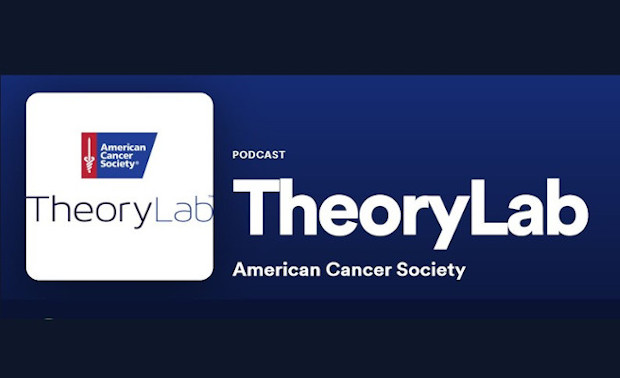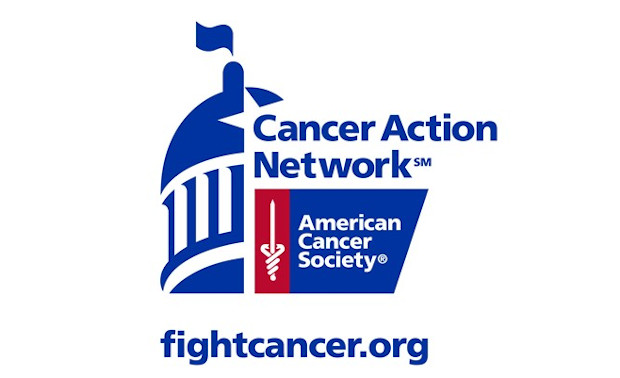Overall cancer death rates in the U.S. dropped continuously from 1991 through 2018 for a total decrease of 31%, including a 2.4% decline from 2017 to 2018. The news comes from Cancer Statistics, 2021, our annual report on cancer rates and trends. It is the most widely referenced source of cancer rates and trends in the U.S. The article appears today in our flagship journal, CA: A Cancer Journal for Clinicians, and is accompanied by a consumer version, Cancer Facts & Figures 2021. This year, we are celebrating the 70th anniversary of Cancer Facts & Figures. Over the last 70 years, this resource has provided the latest information about cancer incidence, mortality, and other trends to the public, medical community, and media – a tradition we are incredibly proud of.
The report estimates that in the U.S. in 2021, almost 1.9 million (1,898,160) new cancer cases will be diagnosed and 608,570 Americans will die from cancer. These projections are based on currently available incidence and mortality data through 2017 and 2018, respectively, and thus do not account for the impact of the COVID-19 pandemic on cancer diagnoses or deaths.
“The impact of COVID-19 on cancer diagnoses and outcomes at the population level will be unknown for several years because of the time necessary for data collection, compilation, quality control, and dissemination,” said Rebecca Siegel, MPH, lead author of the report. “We anticipate that disruptions in access to cancer care in 2020 will lead to downstream increases in advanced stage diagnoses that may impede progress in reducing cancer mortality rates in the years to come.”
Progress in reducing mortality has slowed for other leading causes of death in the U.S., but accelerated for cancer, which is the second-leading cause. An estimated 3.2 million cancer deaths have been averted from 1991 through 2018 due to reductions in smoking, earlier detection, and improvements in treatment, which are reflected in long-term declines in mortality for the four leading cancers: lung, breast, colorectal, and prostate.
Lung cancer is the most common cause of cancer death, accounting for more deaths than breast, prostate, and colorectal cancers combined. Sluggish progress against these latter cancers in recent years contrasts with accelerating reductions in the death rate for lung cancer, from 2.4% annually during 2009 to 2013 to 5% annually during 2014 to 2018. As a result, lung cancer accounted for almost half (46%) of the overall decline in cancer mortality in the past 5 years and spurred a record single-year drop (2.4% from 2017 to 2018) for the second year in a row.
Recent rapid reductions in lung cancer mortality reflect better treatment for the most common subtype – non-small cell lung cancer (NSCLC). Two-year relative survival for NSCLC has increased from 34% for patients diagnosed during 2009 through 2010 to 42% for those diagnosed during 2015 through 2016, including absolute gains of 5% to 6% for every stage of diagnosis. Two-year survival for small cell lung cancer remained at 14% to 15% during this time period.
Cervical cancer is almost 100% preventable through screening and, in recent years, the HPV vaccine, but continues to cause thousands of deaths in the U.S. annually. In 2018, 11 women died cervical cancer deaths per day in 2018, half of which were women in their 50s or younger. It is the second-leading cause of cancer death among women in their 20s and 30s.”
The HPV vaccine holds promise to nearly eliminate cervical cancer with complete population coverage, yet U.S. vaccination rates remain low compared to other high-income countries: 57% of U.S. adolescent females are up-to-date vs >80% in Australia and >90% in the U.K. Per ACS guidelines HPV vaccinations are recommended in children starting between the ages of 9 to 12, and cervical cancer testing (screening) in young women should begin at age 25.
Other highlights from Cancer Statistics 2021/Cancer Facts & Figures 2021 include:
- Cancer is the leading cause of death in Hispanic, Asian American, and Alaska Native persons.
- The 5-year survival rate for all cancers combined diagnosed during 2010 through 2016 was 67% overall, 68% in white patients, and 63% in Black patients.
- For all stages combined, survival is the highest for prostate cancer (98%), melanoma of the skin (93%), and female breast cancer (90%), and lowest for cancers of the pancreas (10%), liver (20%), esophagus (20%), and lung (21%).
- Survival rates are lower for Black patients than for white patients for every cancer type except pancreas and kidney, for which they are the same.
- Prostate, lung and bronchus, and colorectal cancers account for 46% of all incident cases in men, with prostate cancer alone accounting for 26% of diagnoses.
- For women, breast, lung, and colorectal cancers account for 50% of all new diagnoses, with breast cancer alone accounting for 30% of female cancers.
- In contrast to declining trends for lung and colorectal cancers, female breast cancer incidence rates increased by about 0.5% per year from 2008 to 2017, which is attributed, at least in part, to continued declines in the fertility rate and increased body weight.
- Colorectal cancer overtook leukemia in 2018 as the second leading cause of cancer death in men aged 20 to 39 years, reflecting increasing trends in colorectal cancer in this age group, coinciding with declining rates for leukemia.
- The Black-white disparity in overall cancer mortality among men and women combined has declined from a peak of 33% in 1993 (279 vs 211 per 100,000, respectively) to 13% in 2018 (174 vs 154).
- Geographic disparities are widest for the most preventable cancers, such as lung and cervical cancers, for which incidence and mortality rates vary up to 5- and 3-fold, respectively, across states.
“While recent advances in treatment for lung cancer and several other cancers are reason to celebrate, it is concerning to see the persistent racial, socioeconomic, and geographic disparities for highly preventable cancers,” said Bill Cance, MD, our chief medical and scientific officer. “There is a continued need for increased investment in equitable cancer control interventions and clinical research to create more advanced treatment options to help accelerate progress in the fight against cancer.”
*Shared from MySocietySource. COVID-19 Impact Still Unknown. Estimates should not be compared year-to year. They are based on computer models of cancer trends and population and may vary considerably. Cancer trends should be based on age-adjusted cancer incidence and death rates (expressed as the number of cancer deaths per 100,000 people).






























